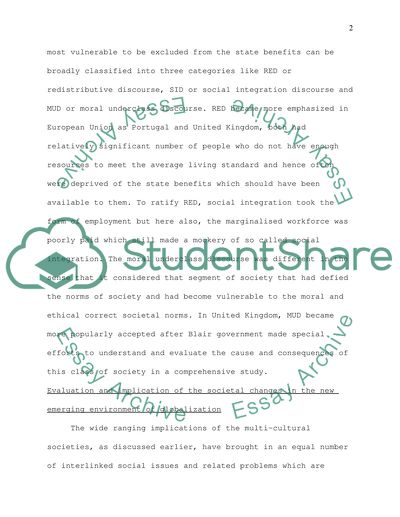Cite this document
(“Social Policy Essay Example | Topics and Well Written Essays - 1500 words - 2”, n.d.)
Retrieved from https://studentshare.org/miscellaneous/1543915-social-policy
Retrieved from https://studentshare.org/miscellaneous/1543915-social-policy
(Social Policy Essay Example | Topics and Well Written Essays - 1500 Words - 2)
https://studentshare.org/miscellaneous/1543915-social-policy.
https://studentshare.org/miscellaneous/1543915-social-policy.
“Social Policy Essay Example | Topics and Well Written Essays - 1500 Words - 2”, n.d. https://studentshare.org/miscellaneous/1543915-social-policy.


